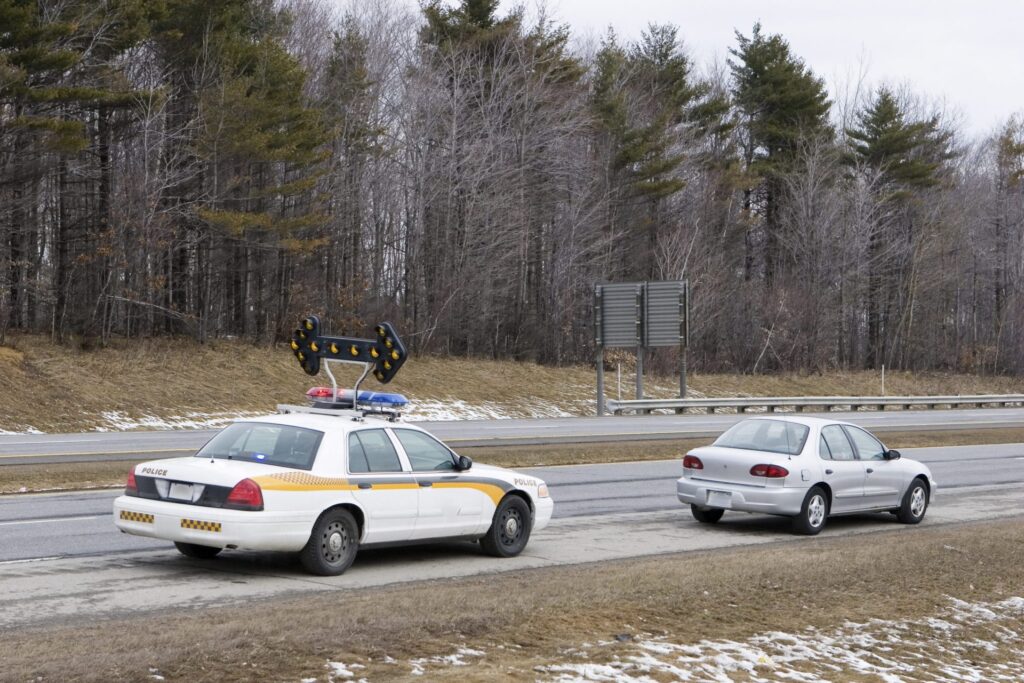There are lots of ways to break the law that involve how you use your car. Luckily, many of them are minor traffic offenses, like parking tickets. Even a speeding ticket is a low-level offense that rarely amounts to more than a fine, unless it’s for criminal speeding. However, there are also many serious crimes that can be committed in a car, like manslaughter, and between the two is a litany of other traffic offenses, including operating under the influence (OUI).
Because of the numerous potential traffic violations, how often they happen, and the fact that people commonly move from one state to another, most of the states in the U.S. have bound together to share information concerning license suspensions that have happened within their borders. However, not all states in the country are in on the agreement, and this can create uncertainty when it comes to the status of your driver’s license.
The Driver License Compact
The Driver License Compact is an agreement between signatory states to share information on the suspension of drivers’ licenses, as well as other traffic violations and driving crimes. It was started in Nevada in 1960 after governors of several western states voiced an interest in teaming up to tackle the issue of unsafe roads.
The Compact is supposed to make roads safer by making a driver’s information accessible to states other than the one where he or she has a license. That way, if their license gets suspended for an OUI conviction or some other reason, moving to another state will not be a way to start over and get a new license, despite the blemish on their driving history.
Not All States Have Signed the Compact
While most of the states in the U.S. have signed on to the Driver License Compact, there are still a handful of holdouts who have decided not to take part. This can make things complex if you are moving to or from Maine and need to get a driver’s license in your new home. Importantly, one of the five states that has not agreed to the Compact is nearby Massachusetts. The other states are Georgia, Wisconsin, Michigan, and Tennessee.
As a result, drivers with a blemish on their driving history that move to or from one of these states might find that their past mistake has not followed them to their new home state when they apply for a license there.
An OUI-Defense Attorney Handles Licensing Questions, Too
As an OUI-defense attorney in the state of Maine, William T. Bly understands that an OUI case does not end when the trial is over, no matter the outcome. Licensing issues persist for years afterwards. If you or someone you know has a question about the status of their driver’s license, contact his law office at (207) 571-8146 or contact him online.


